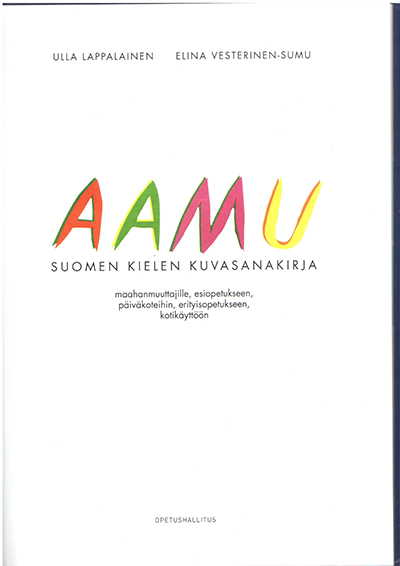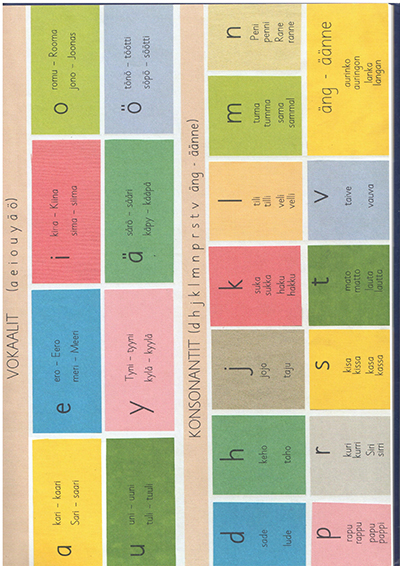| Sorted by date | |||
page006from KEY IDEAS IN SOCIOLOGY
▇ Careers of Ideas
Although we understand that people have careers, it is not so obvious that ideas about the nature of society do also. As you will see, ideas have careers insofar as they are used over an extended period to help us comprehend major social trends. Ideas are formulated, elaborated, refined, and revised by particular individuals, but the ideas nonetheless manage to take on lives of their own. Thus, they need to be understood on their own terms.
The individuals who developed these ideas inhabited particular times and places. Thus, ideas developed in partial response to the immediate intellectual and social concerns and interests of those individuals. This book traces the careers of the four ideas identified previously as they have been articulated by several eminent thinkers. I have not attempted to include everyone who has ever written anything of importance about industrial society, democracy, individualism, or modernity. Nor am I suggesting that the work of any particular person discussed in this book can be reduced simply to one of the four ideas. In fact, it is fair to say that for Karl Max, Max Weber, Émile Durkheim, Georg Simmel, and their intellectual heirs, all four master ideas are woven in one way or another into the overall fabric of their work(Becker 1971; Giddens 1971; Hawthorn 1976; Aron 1985; Mazlish 1989; Wallerstein 1991). This should not be surprising because, as noted previously, these ideas are indeed interconnected.
To demonstrate the enduring significance and relevance of these ideas, I will frequently discuss the circumstances in which they were formulated. The focus on particular thinkers’ lives is not intended to provide comprehensive biographies of these individuals but rather to highlight some of the events that may have affected the meaning and significance attached to particular ideas over time. In other words, the ways ideas are modified, transformed, and reappropriated is a matter of central concern when we decide to investigate their careers (Hughes 1961, 1975; Williams 1976; Kivisto 1989; Sica 1989; Bourdieu 1993).
▇ Key Ideas and the Field of Sociology The key ideas discussed in this book have significance beyond the confines of sociology. For example, industrialization has special meaning for economists, whereas literary scholars are keenly interested in the impact of modernity
|
|||
|
|||
|
|
 ... ...
... ... ... ...
... ... ... ...
... ... ... ...
... ... ... ...
... ... ... ...
... ... ... ...
... ... ... ...
... ... ... ...
... ... ... ...
... ... ... ...
... ... ... ...
... ... ... ...
... ... ... ...
... ... ... ...
... ...